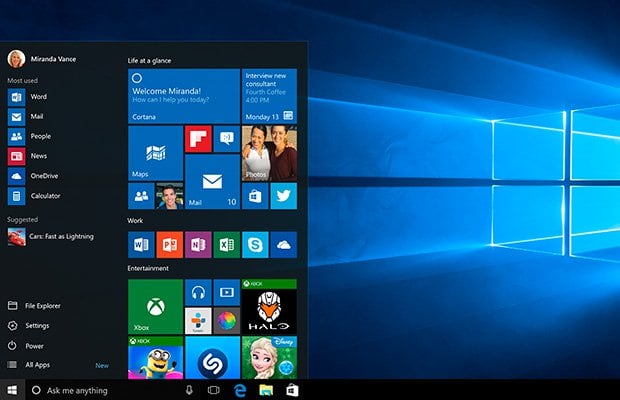Windows 10 Cloud May Be Microsoft’s Latest Assault On Chromebooks With UWP App Exclusivity

Petri added, “While it’s possible that these Cloud SKUs may never materialize, seeing as bits and pieces of its existence is starting to be uncovered, it seems logical to conclude that Microsoft is preparing for a new SKU of Windows that will be announced sometime in the near future” and suggested that we might hear more information about the SKUs at the upcoming BUILD Conference in early May.
However, well-connected Microsoft insider Mary Jo Foley claims to have the scoop on what we can expect from the Windows 10 Cloud release. Rather than being some exotic Windows variant that streams via Azure, or another subscription-based SKU, Foley’s insider says that Windows 10 Cloud will instead only be able to run apps that are available from the Windows Store. In other words, the operating system is strictly relegated to Unified Windows Platform (UWP) apps.
“Think of it as being similar to the version of Windows 10 formerly known as Windows RT or the Windows 8.1 with Bing SKU,” Foley writes. “Windows 10 Cloud seemingly has little or nothing to do with the cloud, however, from what my sources are saying I guess the reason Microsoft chose that name is because the company is supposed to be all about 'cloud first' these days.”
Microsoft is hoping for a more simplified and cheaper version of Windows 10 that will be appealing to OEMs looking to produce lower cost hardware. Microsoft would no doubt like to use Windows 10 Cloud as another way to launch an assault on Google’s Chromebooks, which are taking over the low-end PC market and are making significant inroads in the education sector.


